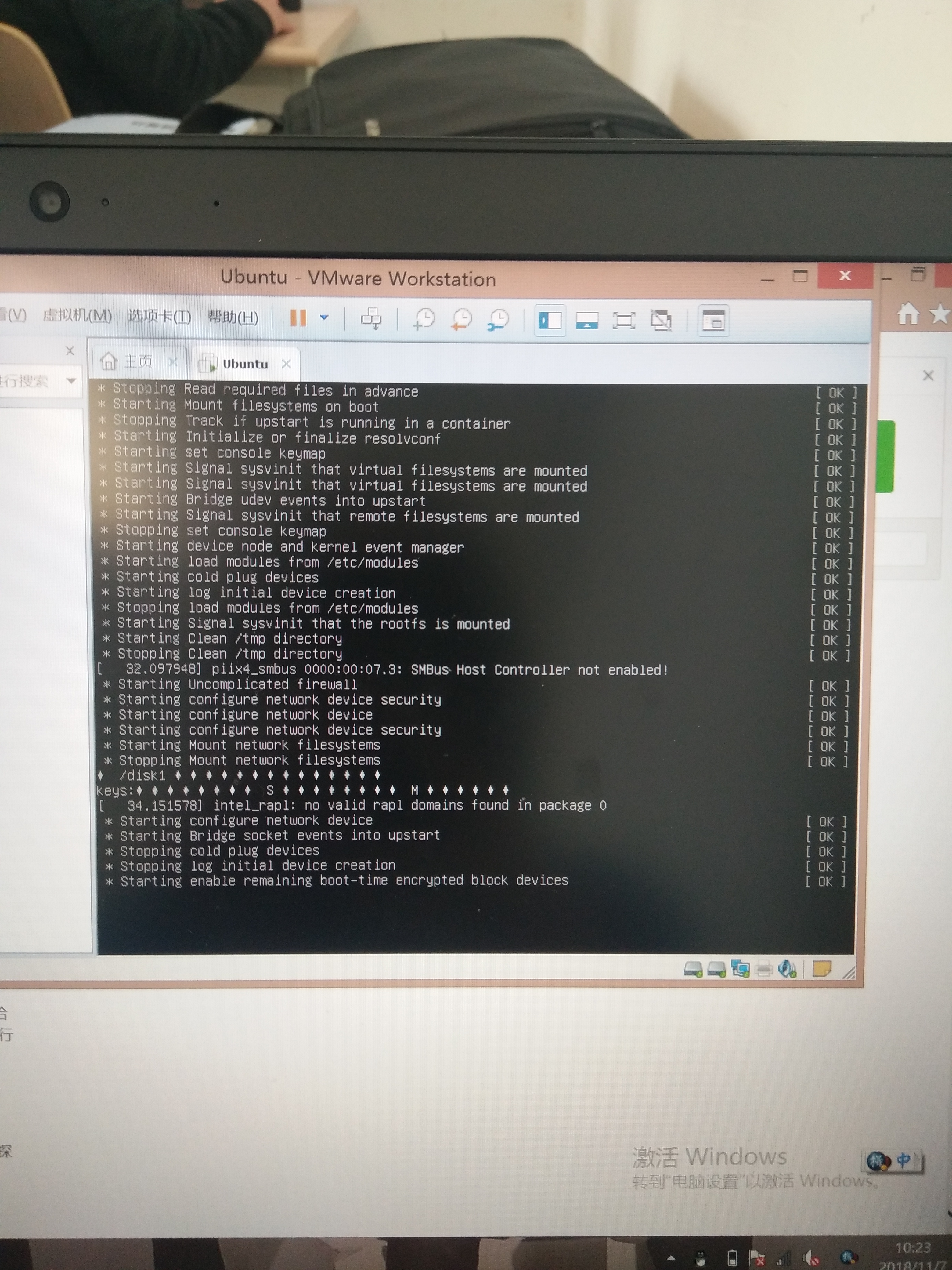What is the best way to handle this scenario. I am in a controlled environment and I don't want to crash.
var Promise = require('bluebird');
function getPromise(){
return new Promise(function(done, reject){
setTimeout(function(){
throw new Error("AJAJAJA");
}, 500);
});
}
var p = getPromise();
p.then(function(){
console.log("Yay");
}).error(function(e){
console.log("Rejected",e);
}).catch(Error, function(e){
console.log("Error",e);
}).catch(function(e){
console.log("Unknown", e);
});
When throwing from within the setTimeout we will always get:
$ node bluebird.js
c:\blp\rplus\bbcode\scratchboard\bluebird.js:6
throw new Error("AJAJAJA");
^
Error: AJAJAJA
at null._onTimeout (c:\blp\rplus\bbcode\scratchboard\bluebird.js:6:23)
at Timer.listOnTimeout [as ontimeout] (timers.js:110:15)
If the throw occurs before the setTimeout then bluebirds catch will pick it up:
var Promise = require('bluebird');
function getPromise(){
return new Promise(function(done, reject){
throw new Error("Oh no!");
setTimeout(function(){
console.log("hihihihi")
}, 500);
});
}
var p = getPromise();
p.then(function(){
console.log("Yay");
}).error(function(e){
console.log("Rejected",e);
}).catch(Error, function(e){
console.log("Error",e);
}).catch(function(e){
console.log("Unknown", e);
});
Results in:
$ node bluebird.js
Error [Error: Oh no!]
Which is great - but how would one handle a rogue async callback of this nature in node or the browser.
Promises are not domains, they will not catch exceptions from asynchronous callbacks. You just can't do that.
Promises do however catch exceptions that are thrown from within a then / catch / Promise constructor callback. So use
function getPromise(){
return new Promise(function(done, reject){
setTimeout(done, 500);
}).then(function() {
console.log("hihihihi");
throw new Error("Oh no!");
});
}
(or just Promise.delay) to get the desired behaviour. Never throw in custom (non-promise) async callbacks, always reject the surrounding promise. Use try-catch if it really needs to be.
Thank @Bergi. Now i know promise does not catch error in async callback. Here is my 3 examples i have tested.
Note: After call reject, function will continue running.
Example 1: reject, then throw error in promise constructor callback
Example 2: reject, then throw error in setTimeout async callback
Example 3: reject, then return in setTimeout async callback to avoid crashing
// Caught
// only error 1 is sent
// error 2 is reached but not send reject again
new Promise((resolve, reject) => {
reject("error 1"); // Send reject
console.log("Continue"); // Print
throw new Error("error 2"); // Nothing happen
})
.then(() => {})
.catch(err => {
console.log("Error", err);
});
// Uncaught
// error due to throw new Error() in setTimeout async callback
// solution: return after reject
new Promise((resolve, reject) => {
setTimeout(() => {
reject("error 1"); // Send reject
console.log("Continue"); // Print
throw new Error("error 2"); // Did run and cause Uncaught error
}, 0);
})
.then(data => {})
.catch(err => {
console.log("Error", err);
});
// Caught
// Only error 1 is sent
// error 2 cannot be reached but can cause potential uncaught error if err = null
new Promise((resolve, reject) => {
setTimeout(() => {
const err = "error 1";
if (err) {
reject(err); // Send reject
console.log("Continue"); // Did print
return;
}
throw new Error("error 2"); // Potential Uncaught error if err = null
}, 0);
})
.then(data => {})
.catch(err => {
console.log("Error", err);
});




